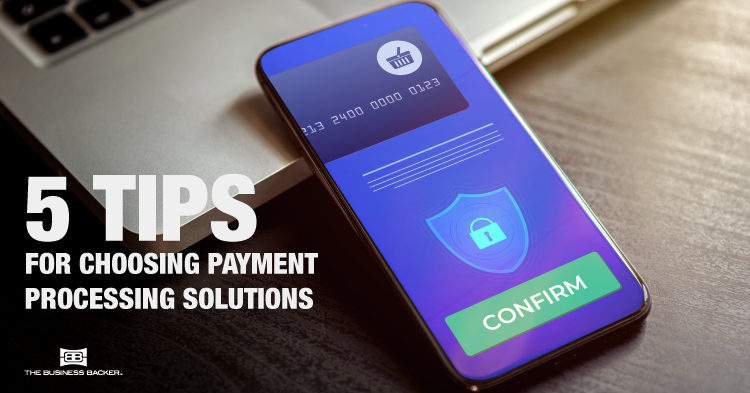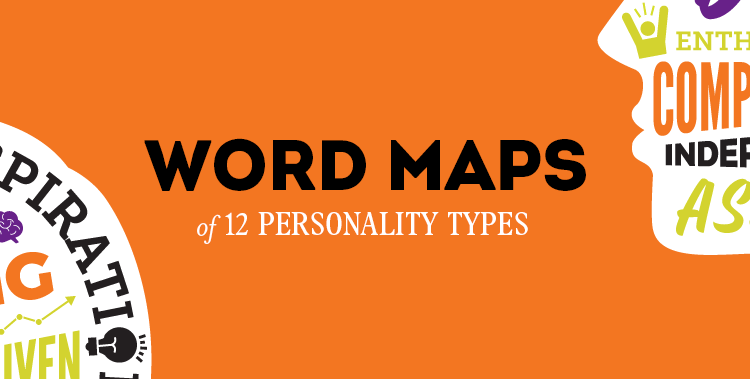Payment Processing Solutions: How To Choose Best One For Your Business
With the threat of COVID-19, more and more businesses are foregoing cash-only payments and started adopting other payment methods. If you’re running a store on one of the eCommerce platforms or still setting up one, choosing the best payment processing solution is a crucial decision to make.
As more payment options become available to consumers, you’ll want to make sure that you have the right tools necessary to accommodate their needs. But, with so many options out there, how will you choose the right payment processing solution for your store?
That’s what we are here to help you with. We’ll look at the different factors you have to consider to choose the right option for your business. But first, let’s start with the basics.
What is a Payment Processing Solution?
Payment processing solutions are tools businesses employ to accept non-cash payments. The companies that provide these solutions (which could also be the merchant’s bank) handle the payment processing on your behalf and verify the validity of the transaction. Once it’s approved, the payment company then transfers the payment into the merchant’s account.
In the simplest sense, a payment processing company acts as the middle man between merchants, buyers, and banks to make the selling and buying process smoother for all parties involved.
Payment processing solutions are being used by both physical and online stores. One of its advantages is that it allows the merchants to offer different payment options for their customers. It can process credit and debit cards, or accept other alternative payment methods like Apple Pay and sometimes, even cryptocurrencies.
Considerations When Choosing the Best Payment Solution
As more and more people get comfortable paying using their cards, merchants have to make sure that they provide the right tool that will enable them to do so. When it comes to choosing the right payment processing solution for your business, you need to consider the following factors first:
1. Cost
When you’re using a payment processing solution, you can expect that the companies involved will charge some fees for the convenience they provide. After all, they, too, need to make money.
In general, payment processing companies will charge you with the following fees:
- Interchange. This is the card’s issuing bank’s percentage of share for every transaction. The fee would depend on the amount, industry, and type of payment option the customers use.
- These are the charges that the credit card associations (i.e., MasterCard, Visa, etc.) charge.
- The processing fees are the charges that the payment processing company charge for every transaction – be it a sale, return, or decline. The processing fee could also include the monthly set-up and cancellation fees.
- This is the merchant’s bank’s cut for every transaction. The percentage may vary by industry and the volume of transactions every month.
At the very least, you should know how much the company charges for each of these. Compare the fees to other payment processing companies and make your decision from there. You can also ask for any hidden costs that the company might charge to avoid any confusion in the future.
2. Security
Security is one of the most vital components in choosing the best payment processing solution for your company. You want to make sure that your customers feel safe and secured as they hit enter and submit their payment details. Before choosing a solution, check if they’re PCI DSS-compliant. The payment card industry (PCI) is a technical and operational compliance standard that protects credit card information provided by the customers. If not, it might be better to explore other options.
3. Supports Multiple Currencies
If you’re planning on catering to customers from different parts of the world, it’s also important to consider if the payment processing company supports multiple currencies. It should also accept different credit card providers or e-wallet payments. The more choices you’ll provide your clients, the more convenient it will be for them and the higher the customer satisfaction will be.
One example of a payment processing company that supports multiple currencies is PayPal. At last check, the company currently serves more than 200 countries and supports more than 25 currencies.
4. Easy Integration Process
Integrating the payment processing solution to your eCommerce website or physical store’s system is no easy task. Some companies may only provide detailed instructions on how you can do it, while others may give you the option to have someone on their team to help you do it. If you’re like most business owners with little to no background in web development, the latter option might make more sense. Be sure to ask the company if they can have someone help you with the integration.
5. Customer service availability
Finally, when choosing the best payment processing solution, choose a company that can offer round-the-clock customer service. You want someone to be available and help you resolve any issues that might arise at any time of the day – be it lunchtime or midnight. Moreover, they should also offer customer support in multiple channels. At most, they should easily be reachable through phone, chat, or email.
Final Thoughts on the Best Payment Solution
Every business needs a payment processing solution that is tailored to address their every need. The items mentioned above are just some of the factors that you should consider when choosing the right one for your business. Once you’ve chosen the best one for you, you’ll be on your way to providing the best payment experience to your customers





